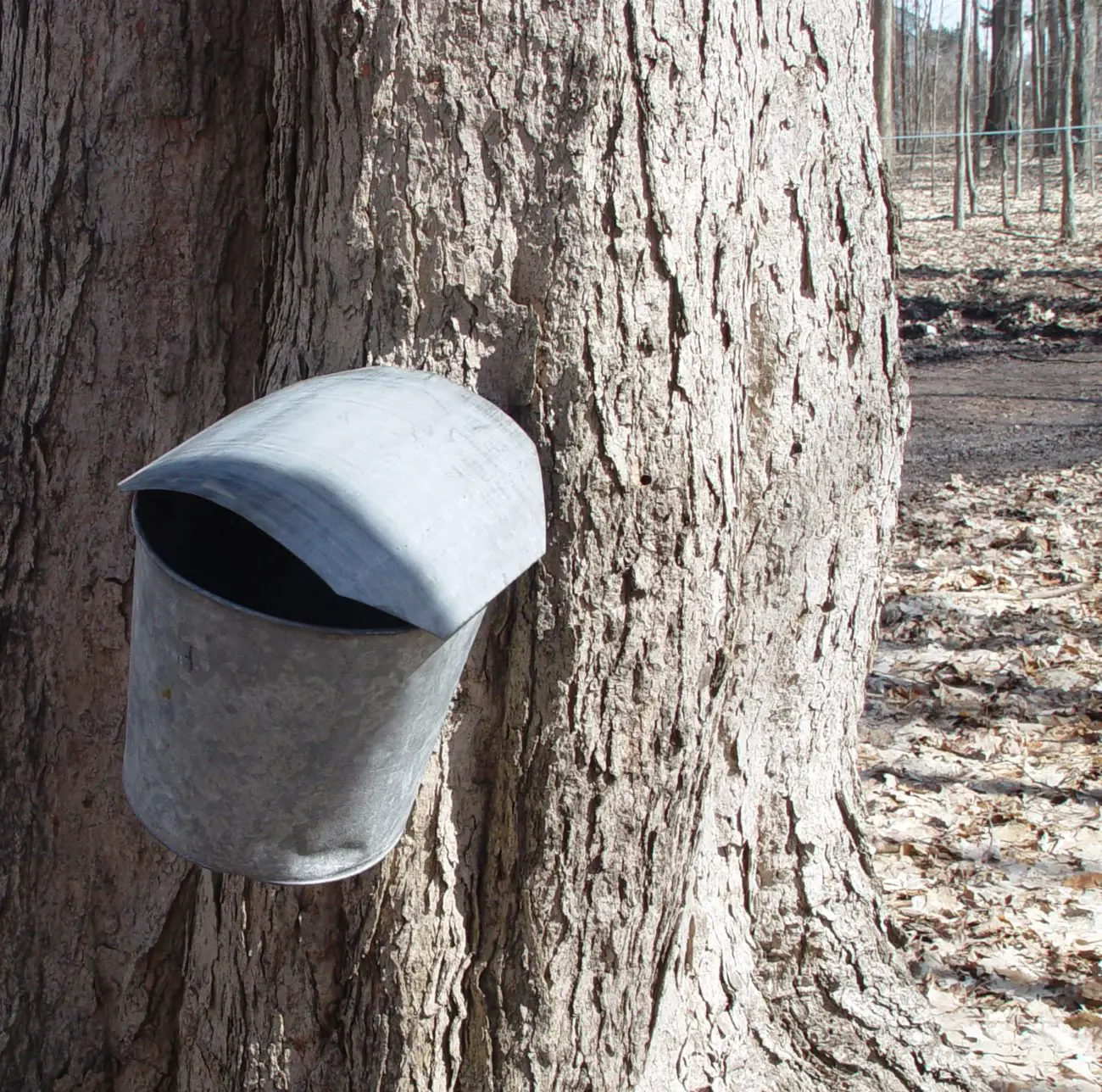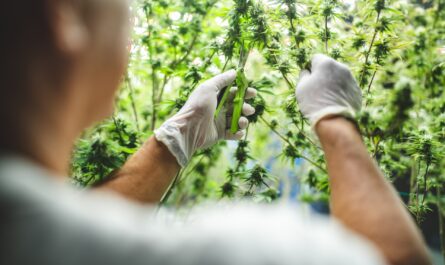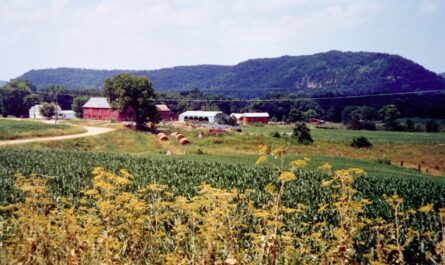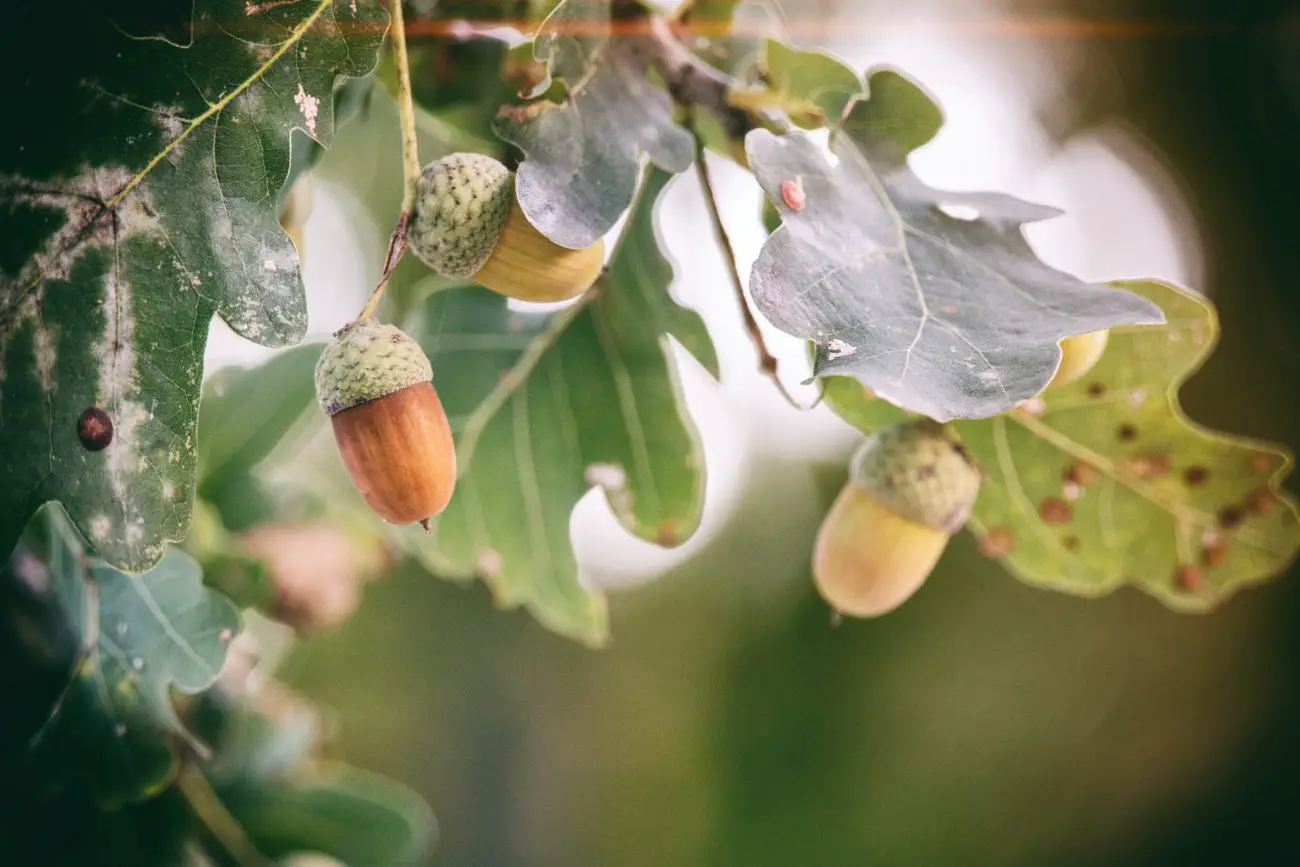Due to a poor harvest, a global maple syrup shortage forces the Québec Maple Syrup Producers (QMSP) to release about half of its strategic maple syrup reserve.
Quebec is responsible for over 70% of the world’s maple syrup production, with most served over pancakes and waffles in the US; its most significant consumer. However, this year, Canadian Sugar Bushes could not keep up with global demand, which increased by 21%, according to Bloomberg.
The Maple Cartel of the North
The Quebec Maple Syrup Producers have been called the OPEC of the maple syrup industry. The organization claims it has over 11,300 maple producers and will produce over 133 million pounds of maple syrup in 2021.
In reports by NPR and the New York Post, industry spokesperson Helene Normandin said the group would authorize more production of syrup next season to make up for the shortfall this year. In July 2021, the QMSP decided 7 million new taps would be needed in production to ensure a volume of maple syrup sufficient to support the industry’s market development efforts at home and abroad.
Climate Change, Lumbering, and Warmer Temps Affect Maple Production
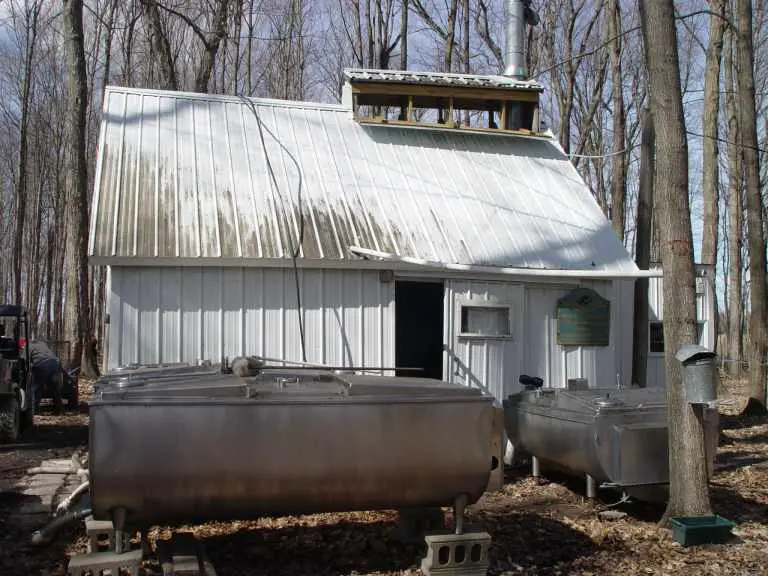
The maple sap begins to flow up the stem of the trees as the seasons change from winter to spring, resulting in a cycle of warm days and freezing nights. The sap runs from the taps in the trees into buckets or plastic tubing in trees that have been tapped for collecting. Producers of maple syrup take sap and boil it to concentrate it into maple syrup and sugar. When nighttime temperatures no longer dip below freezing, the sap flow stops. Sugaring seasons can last up to eight weeks, from late January through early April.
The USDA reported that in 2017 maple syrup production in the United States was 4.27 million gallons worth about $147 million.
As the freeze-thaw season advances earlier in the year, changing spring conditions and greater winter temperatures will likely cause the sap collecting season to shift and decrease, notably in the United States. According to one survey, 59 percent of maple farmers have already experienced earlier sap tapping seasons. Climate change may affect the future of maple syrup production in the US and Canada.
The Maple Sugar Reserve Was A Major Target of Crime
This is not the first time Quebec’s maple syrup reserve has been in the news. For many months in 2012, more than 3,000 tons of maple syrup were taken from the stockpile. The robbery was believed to be worth roughly 19 million Canadian dollars. The syrup was kept in unlabeled white metal barrels that were only examined once a year. Thieves transported barrels to a secluded sugar shack, siphoned off the maple syrup, replaced the barrels with water, and returned them to the factory. It remains one of the largest heists in Canadian history.
Michigan Maple Syrup Producers
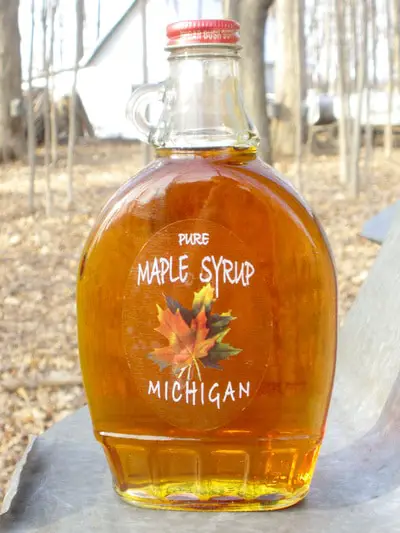
According to the Michigan Maple Syrup Producers, the state contributed to 3% of the United States total syrup production. Vermont (42%), Maine (17%), and New York (17%) lead the county in output. The organization lists 24 sugar bushes.
Back in 2020, we visited the Battel sugar bush and farm in Michigan’s Thumb. The farm has a 10-acre stand of over 300 Sugar Maples that remain on their farm to this day. After the fire of 1881, George and Annie Battel had the forethought to set aside the stand of Maples from planting or development. As a result, many “grandfather” trees are at least 4 feet across and are likely over 160 years old. The majority of the Maples are younger and produce most of the sap utilized to make maple syrup, candy, and sugar.
